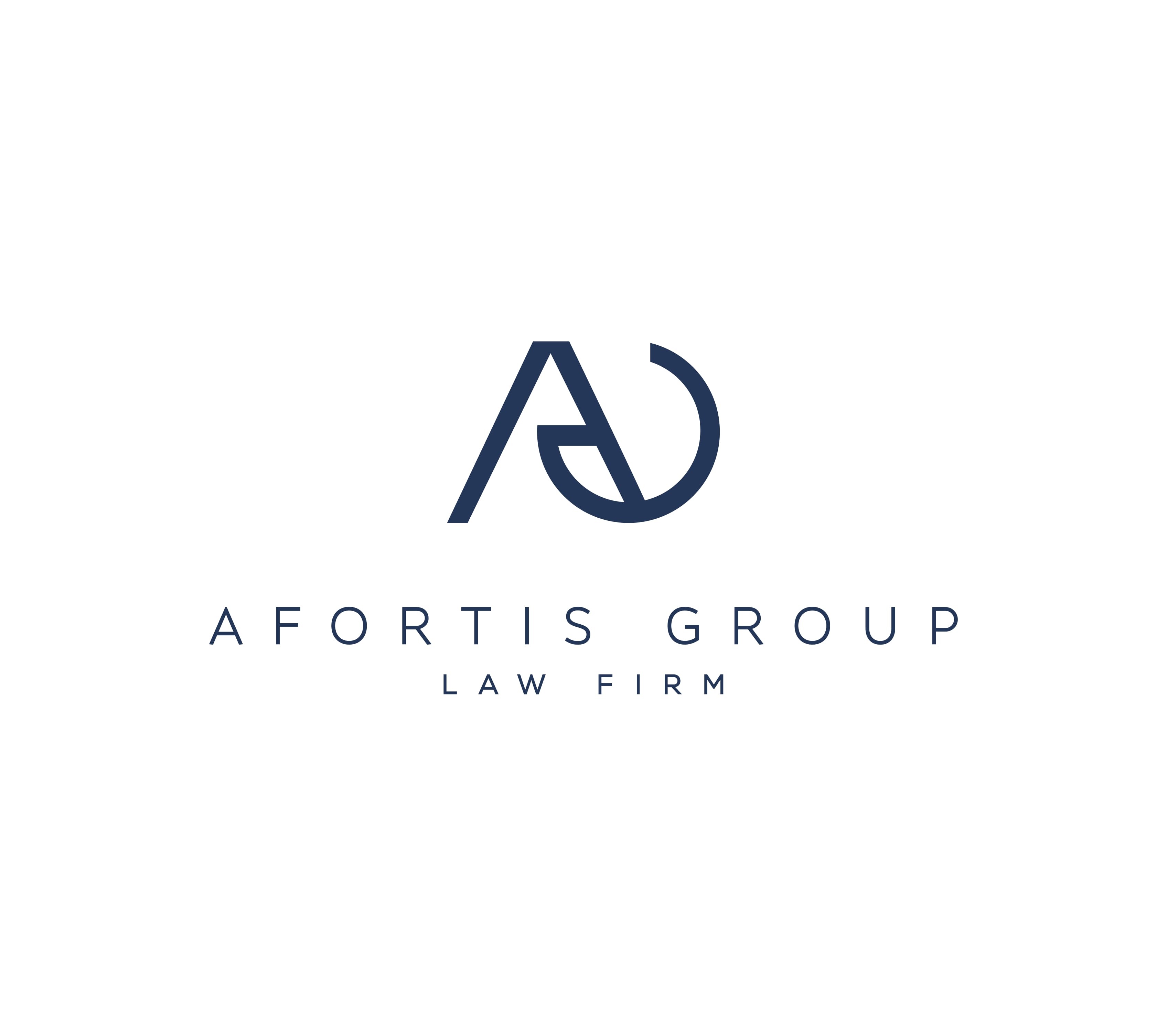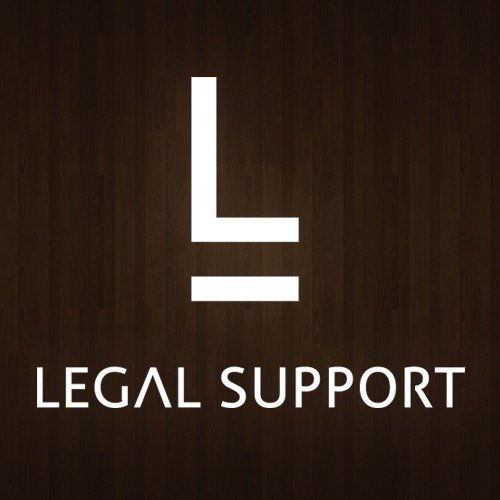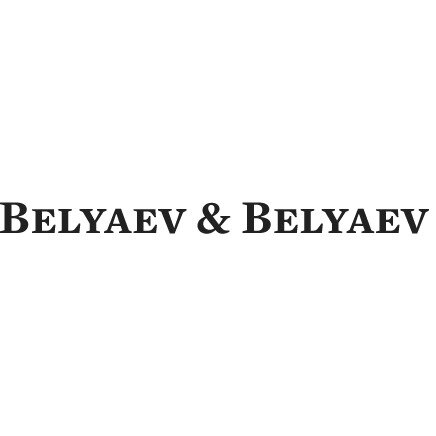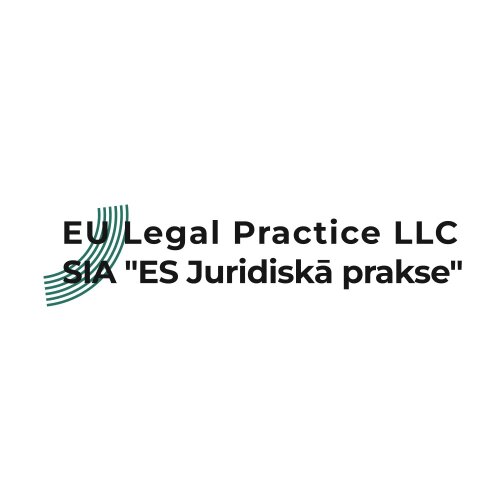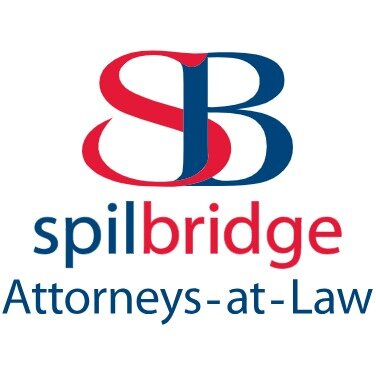Best Financial Services Regulation Lawyers in Latvia
Share your needs with us, get contacted by law firms.
Free. Takes 2 min.
Or refine your search by selecting a city:
List of the best lawyers in Latvia
About Financial Services Regulation Law in Latvia
Financial Services Regulation in Latvia is governed by a comprehensive set of laws that aim to maintain stability, integrity, and transparency within the financial markets. The regulatory framework is designed to protect consumers, ensure fair market practices, and bolster investor confidence. Key components include regulations pertaining to banking, insurance, securities, and investment services. The Financial and Capital Market Commission (FCMC) is the main regulatory authority overseeing these sectors, ensuring compliance with both national and European Union standards.
Why You May Need a Lawyer
Individuals and businesses may require legal assistance in Financial Services Regulation for various reasons. Common situations include navigating complex compliance requirements, addressing disputes or litigation related to financial services, understanding the impact of new laws or regulations, and managing transactions or partnerships involving financial entities. Lawyers can also offer guidance on licensing processes, risk management, and regulatory reporting obligations. Engaging with a legal expert can help mitigate risks and ensure adherence to all applicable legal standards.
Local Laws Overview
Latvia's financial regulatory system emphasizes the protection of investors and the integrity of the financial market. The key aspects include:
- The Law on the Financial and Capital Market Commission, which establishes the FCMC as the supervisory authority.
- The Credit Institutions Law, governing the prudential requirements for banks and credit institutions.
- The Insurance and Reinsurance Law, covering licensing and operational standards for insurance service providers.
- The Financial Instruments Market Law, which regulates securities transactions and investment services.
- Anti-Money Laundering (AML) and Combating the Financing of Terrorism (CFT) regulations, ensuring financial practices are free from illicit activities.
Frequently Asked Questions
What is the role of the FCMC in financial services regulation?
The FCMC supervises financial markets in Latvia, ensuring that the entities comply with the relevant laws and regulations while also safeguarding consumer interests.
Do I need a license to start a financial services business in Latvia?
Yes, most financial services businesses, including banks, insurance companies, and investment firms, require a license issued by the FCMC.
How do AML laws affect my business in Latvia?
Businesses must implement robust AML policies to prevent money laundering and comply with reporting requirements to the authorities.
Can foreign companies operate in Latvia's financial market?
Foreign companies can operate in Latvia, provided they comply with local regulations and sometimes need to establish a local presence and register with the FCMC.
What are the penalties for non-compliance with financial regulations?
Penalties can range from fines and legal sanctions to suspension of operating licenses, depending on the severity of the non-compliance.
How can I resolve a dispute with a financial institution in Latvia?
You may seek mediation, file a complaint with the FCMC, or pursue legal action through the courts with the assistance of a lawyer.
Are there specific regulations for fintech companies?
Yes, fintech companies must comply with general financial regulations and may also need to adhere to specific guidelines relevant to their technology and service model.
What consumer protections exist in the financial services sector?
Consumers have rights to fair treatment, clear information, and protection from unfair practices and must be informed about their rights regarding financial products.
How is data protection handled in the financial sector?
Data protection in financial services is governed by the GDPR and local data protection laws, ensuring customer information is handled securely.
Is there a framework for ethical financial practices?
Latvian regulations promote ethical behavior through conduct standards, ensuring that financial services providers act in their clients' best interests.
Additional Resources
For more information and legal assistance, consider reaching out to the following organizations:
- Financial and Capital Market Commission (FCMC)
- Latvian Commercial Banks Association
- Consumer Rights Protection Centre (CRPC)
- Latvian Bar Association for finding qualified lawyers
Next Steps
If you need legal assistance in Financial Services Regulation, consider the following steps:
- Identify the specific area of need or concern within financial services regulation.
- Research local legal experts who specialize in financial services regulation.
- Contact a lawyer or law firm for a consultation to discuss your specific situation and obtain professional advice.
- Gather any relevant documentation or information that may be necessary for a legal review.
Lawzana helps you find the best lawyers and law firms in Latvia through a curated and pre-screened list of qualified legal professionals. Our platform offers rankings and detailed profiles of attorneys and law firms, allowing you to compare based on practice areas, including Financial Services Regulation, experience, and client feedback.
Each profile includes a description of the firm's areas of practice, client reviews, team members and partners, year of establishment, spoken languages, office locations, contact information, social media presence, and any published articles or resources. Most firms on our platform speak English and are experienced in both local and international legal matters.
Get a quote from top-rated law firms in Latvia — quickly, securely, and without unnecessary hassle.
Disclaimer:
The information provided on this page is for general informational purposes only and does not constitute legal advice. While we strive to ensure the accuracy and relevance of the content, legal information may change over time, and interpretations of the law can vary. You should always consult with a qualified legal professional for advice specific to your situation.
We disclaim all liability for actions taken or not taken based on the content of this page. If you believe any information is incorrect or outdated, please contact us, and we will review and update it where appropriate.
Browse financial services regulation law firms by city in Latvia
Refine your search by selecting a city.





